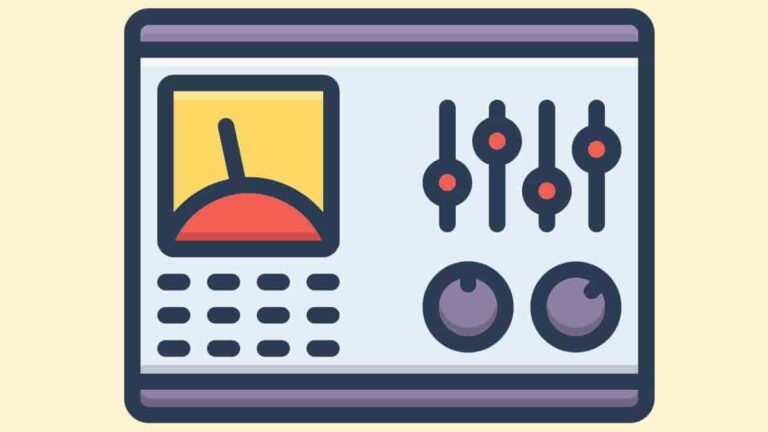Associative inference occurs when the brain’s retrieval of certain memories is hindered by the presence of similar associations. This is particularly observable in associative learning settings, where memories are connected through learned associations. For instance, learning new information can interfere with the retrieval of older, related information, a phenomenon known as retroactive interference. Conversely, prior learning can disrupt…
Category: Cognitive Science
Proactive vs Retroactive Interference in Memory
Interference refers to a phenomenon in cognitive psychology where competing information can hinder the storage and retrieval of memories. It is commonly segmented into two types: proactive interference and retroactive interference. Proactive interference arises when older memories disrupt the recall of new information. Conversely, retroactive interference occurs when new information causes difficulties in retrieving older memories. Both types of interference can affect long-term…
What is Cognitive Inhibition?
Cognitive inhibition refers to the stopping, slowing down, or overriding of a mental process, be it intentional or automatic, possibly as a side-effect of some other process. In particular, it can be observed in a variety of contexts within cognitive science, developmental psychology, and behavioral neuroscience. Fundamentally, it acts as a sort of mental filtering…
Out-group Homogeneity Effects
The out-group homogeneity effect refers to the idea that people view members of an out-group as less varied than members of their own in-group. This perspective forms the basis for stereotypes, which are generalized beliefs about a group of people. For instance, one might believe that all employees in a certain profession share the same…
Social Contagion of Memory: Memory Conformity
Social contagion of memory, also known as memory conformity, refers to the process by which an individual’s memory becomes aligned with the memories or suggestions of others. This alignment may occur consciously or unconsciously and can lead to shared but potentially inaccurate memories across a group. The work on this topic suggest that through social influence, false or…
What is Behavioral Confirmation – Social Perception and Social Reality
Behavioral confirmation is a social psychological term that describes how people’s expectations about others can lead to the confirmation of those expectations through social interaction. This process implicates both the perceiver, who holds certain expectations, and the target, whose behavior may be influenced as a result. In the literature, the phenomenon of belief creating social reality is known…
Imagination Inflation: Memory’s Creative Expansion
Imagination inflation occurs when individuals develop greater confidence in the truth of an event after imagining it, potentially leading to the formation of false memories. The term often relates to childhood memories, as these are typically more malleable and susceptible to misconceptions. Several factors have been linked to an increase in the imagination inflation effect. Imagining a fictitious…
What is State-Dependent Memory: Context in Recall
State-dependent memory refers to when a person’s ability to recall information is influenced by their particular mental or physical state state at the time of encoding the memory. If the internal state during recall matches the state during encoding, retrieval of the memory is typically more successful. This cognitive psychology concept highlights the tight interplay…
The Atkinson-Shiffrin Model of Memory: Multi-store Memory
The Atkinson-Shiffrin model of memory, formulated by psychologists Richard Atkinson and Richard Shiffrin, offers a structured illustration of the human information processing system. First proposed in 1968, the model includes three main components: Sensory memory: A temporary repository that captures all sensory information, where most of it is lost unless attention is directed to it. Short-term store:…








